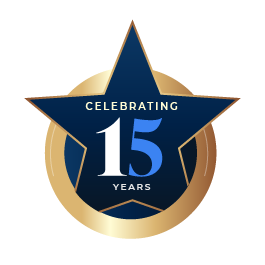In the Current Global scenario, India seems to reflect quite a low key IP Index. The Promotion of Innovation means rendering adequate protection to Innovators & Investors, consequentially attracting world class research and development, and creating and sustaining high-quality future jobs through a robust intellectual property (IP) structure. Though in 2010, the then President of […]
- Home
- About
- Legal
- Contact
- IP Law Blogging
- Copyright Law
- Cyber Security
- Data protection law
- Design Rights
- Fraud
- Intellectual Property Law
- IP Licensing
- IP Management
- Media Law
- Patents Law
- Personal data
- Privacy
- Protecting your IP
- Trade Marks
- Subscribe
Follow us on Twitter
Useful IP Law & Practice Resources
Tags
china patent copyright copyright blog copyright infringement Copyright Law copyright law blog cyber security data protection Data protection law blog data security design rights Design Rights Law employment law Fair dealing fraud hacking intellectual property Intellectual Property Blawg Intellectual property blog Intellectual Property Law intellectual property law blog intellectual property lawyer Intellectual Property Solicitors IP IP and Technology IP Blawg IP Blog IP law IP law blog IP lawyers IP risk law blog Patent Patent Law Patents privacy protecting your intellectual property Protecting your IP Smartphone Patent Wars Technology Law Trade Mark Law trademarks Trade marks cases Trademarks law youtube copyright infringementGet Legal Advice
Legal Advice
Copyright © 2010-2017. All rights reserved. T&Cs, Privacy & Cookies Policy.
